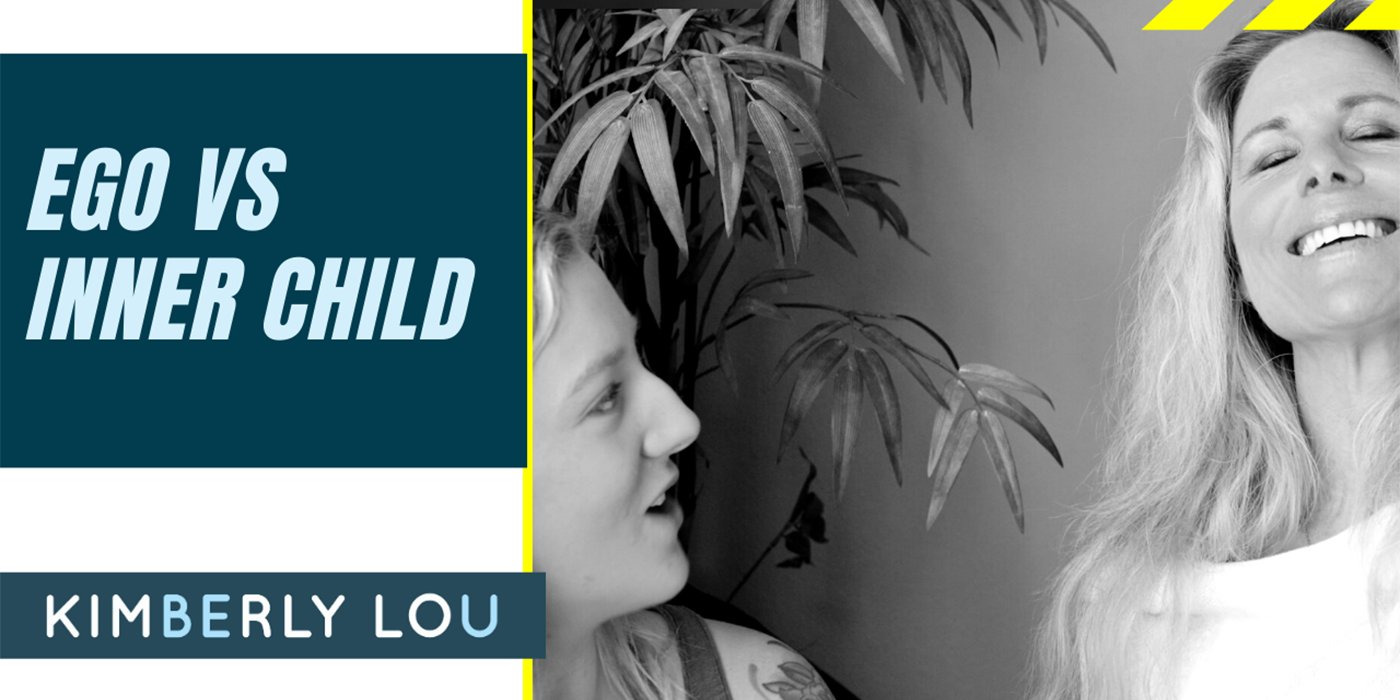So many people among us suffer from mental illness without even realizing it. The thing is, mental illness shows up in different intensities. Just because a person isn’t diagnosed with, say, clinical depression doesn’t mean they are in a healthy mental state of mind.
To get a better understanding of your mental health, it’s a good idea to consider your “Inner Child” and your “Ego.”
Both of these forces play an integral role in mental health. So what exactly is the difference between your inner child and ego, and how do they affect your mental health?
That’s what I wanted to talk about in this email. Let’s jump right in.
What is your inner child?
This is a beautiful, innocent little child who sometimes has deep wounds as a result of a significant or traumatic event that happens in childhood.
What is your ego?
Your ego is what is created to protect that child, by helping a child feel safe. How? By creating a story or group of stories. These stories are often negative and are formed after some traumatic experience.
Here’s an example of what I mean:
Let’s take a little girl. She is playing with her friend and that friend steals her barbie. This makes the child feel angry. The child immediately creates a story. I’m not and the world is. I’m not safe, I not enough, I’m not fill in the blank. And the world is, “Punishing, against me, cruel,” and so on. As a result of losing the barbie, the ego develops stories to help the child cope with the loss to try and prevent the event from ever happening again, even if the story is not true. So whenever anyone comes near her belongings, she becomes defensive, mad or jealous. Unfortunately, many create the same situation in adulthood to happen over and over and over again, basically, they are creating the very thing they are trying to avoid.
As a result, many grow up believing those stories and live their entire lives based on those beliefs.
I’m not saying it’s wrong to have an ego, but a healthy mental state starts with that ego. So it’s important to ensure your “stories” are true. A key step to understanding your mental health and way of thinking is to revisit your inner child. Take the time to reflect on childhood experiences, and try to identify your defense stories (ego).
As an adult, you wouldn’t allow a four-year-old to drive your car. So don’t allow your four-year-old beliefs to drive your life either.
Pay attention to your ego.
We tell ourselves all sorts of negative stories, even as adults. You’re not good enough for that job interview. You’re terrible at starting conversations. You are not good enough to start a business. The list is endless.
But think of something you’re really good at. How did you become good at it? My guess is that you studied and practiced a lot.
A lot more than you’re willing to practice those things you’re “just not good at.”
So instead of telling yourself, you’re not good enough, focus on what you can do to become good enough. Remember, you are free to tell whatever stories you want. Just ensure they are true, and make them good. Whatever you say goes.



